Kris Camealy is no stranger to Cultivating readers. She is a beloved team member, long-time encourager, and a constant inspiration to The Cultivating Project. She is the author and contributor to multiple books, founder of Grace Table and of Refine {the retreat}, and one of the bravest, most authentically Christ-seeking people I have ever known. Her most recently book – Everything is Yours – released in the midst of the world-wide pandemic, and it speaks piercingly to the core need every follower of Christ faces: the call to surrender. It is my great privilege to share this interview conversation with you.
CALLING
A Purpose and a Need
LES: This has been a difficult and costly book for you to write. The subject is challenging and most people I would venture to say, don’t have initially a very positive association with the word itself, let alone the experience. Surrender sounds synonymous with sacrifice and is associated with defeat and giving up. Failure. When you began writing Everything is Yours the world was very different than it is now. Is the purpose for this book when you began it the same purpose you see for it now? What strikes you most about the timing of this book being done and ready to go out into such a climate as our world is in now?
KC: It’s true that this was a difficult book to write, but that’s because I had to live it first—and am living it still. I am one of those who has long-held a negative connotation of the word “surrender”. That word was essentially akin to other unmentionable four-letter-words in my home growing up. Surrender was synonymous with failure, and so of course, coming to see it as anything else did not come naturally to me. In regards to the purpose of this book—I feel like God has His purposes, and I have my understanding of what I believe those to be. While I don’t know fully what all God had in mind when He set me on this path, I do know that I needed this book. I needed to live it, I needed to write it, and I certainly need to read it. If for no other purpose, that alone would make the project worthwhile. But I believe God is even more generous than that, and that His purposes for this project extend beyond myself. I never imagined when I set the release date for April 7, that we’d be living through a world-wide pandemic. The entire world has been ushered into learning what surrender looks like. It’s shocking, really.
CRAFT
A Practice of Long Obedience
LES: As an author of multiple books, Kris, when you are writing a book with a difficult topic how does that shape your writing process? What keeps you pressing through the blocks and the distractions? What keeps you writing when it is hard going and personally costly?
KC: This is such a good question—I think what keeps me pressing through the hard things while writing is hope that I know there is an “after”, and because I don’t write about things that I don’t believe in. I don’t write about things that haven’t, in one way or another, grabbed me by the throat, or heart, and shaken me up a bit. Writing about things you feel most convicted about in some ways, makes overcoming the obstacles easy, because you can’t help yourself. The fire in your belly forbids you to linger too long in complacency or laziness. I‘m no masochist, but pain and suffering tend to fuel my writing. When it gets hard, prayer and patience become a daily practice. Prayer to hear the Spirit in the midst of the turmoil and patience to rest if need be, while surprise wounds, uncovered by the work, heal enough to keep going. This project took me five years (at least), so let me be clear that this is sometimes a very slow, and “long obedience in the same direction” (to borrow from Eugene Peterson).
Changing the Narrative of Surrender
LES: You bring up a fascinating concept in Everything is Yours that I would like you to share more with us about, the role of narrative in our practice of surrender. What is the role of story-telling in surrender and why does story matter so much?
KC: Oh yes! God is a storyteller and He made us in His image, and so we share a propensity for narrating our lives. We are always telling ourselves a story about our life, and where God is in the midst of our story. I think what often happens when life challenges us, is that there’s this amnesia that we’re tempted to succumb to where we forget our role in the story, our location in the story, and our proximity to God in the story. We can be tempted to think that we are the author of our own lives—this is what all of the self-help gurus preach. And of course, it sounds good! It appeals to our pride and our sense of self-importance, but it’s a lie. God is the Author of life—all life, our life, and whenever we forget that, and imagine that we are the one holding the pen, we forget that our role is one of submission. Historically when we tell ourselves a story that precludes God as the Author, we find ourselves in sketchy territory. The story of the Israelites in the wilderness is such a profound example of what happens when we trade the Truth of what God is doing, for the truth of what we believe He is doing. It’s so important to consider how we are narrating our own surrender seasons.
CHARACTER
Living Open-handed
LES: There is so much fear and resistance embedded in the human soul to the concept and the act of surrender. Sin is a given element to that resistance. But is there more to it than simply our sin nature? If so, what? Is surrender essentially the same thing as letting go?
KC: Fear and resistance are such good words for the obstacles that keep us from surrendering our whole hearts to God. I think sin is a huge piece of the problem. We won’t be moved to surrender until we understand why we need to in the first place. This means that God has to teach us about Himself in such a way that we realize that surrender is really the only way to come close to living at peace with Him. I don’t know if there are other factors at play in our resistance, I think it ultimately stems from how sin has warped our understanding of who we really are. Identity is a huge piece of coming to terms with surrender, both understanding our own identity, and knowing WHO God is. I think you can use the term “letting go” somewhat interchangeably with surrender. We’re talking about learning to live open-handed, which of course means that we have “let go” of whatever else we have been clinging to.
LES: Nothing that you thought would be the conditions of the release of this book have been the case. We have globally has gone into isolation and a kind of lockdown. At the birth of this book release gatherings, launch team activities, celebrations, Refine for 2020, family life schedules and patterns of normalcy have either been cancelled or postponed. The climate of world around us is an ominous atmosphere of worldwide fear and grieving. When you are grieving so much personally, Kris, how do you effectively bring that to the Lord in surrender?
KC: Oh my, yes. Grief is a companion I did not expect in this season. I’ll be honest and say that I haven’t navigated it all as well as I’d hoped. Some days I feel pretty waylaid by it all, and think that staying in bed is the best course of action for the day. I don’t do it though. I get up, I take a walk, I shower, I read my bible…I go through the motions, because I know that I must. But my heart is heavier this season than I ever imagined it would be, and I am learning again what it looks like to surrender my WHOLE life to God.
I think the days I do this most effectively are the days I begin in prayer, rather than with the morning news. It’s the days when I limit my exposure to the noise of the world and turn towards God for comfort.
Worth the Cost?
LES: When the conditions of bringing a work of goodness, truth, and beauty into being are as difficult as the ones we are dealing with now, is it worth it to cultivate the conditions to make it possible to do that? Has writing Everything is Yours been worth it? Is there ever a point as a creative maker where you know definitively that the cost is worth it, or is it something you take on faith?
KC: You know at one point, the working title of Everything Is Yours was actually, “It Will Be Worth It”. That phrase was like a drum-beat of resistance against the fear and loss that I experienced wrestling down the message. I knew that the fight would ultimately be worth it because it was truly an act of obedience.
I believe that God uses everything, and that He doesn’t squander our obedience, and this belief kept me leaning in even when the cost felt like it might be too much.
I’ve endured some real blows over the last several years of honing this project, but at the same time, I have gotten to see God up close in some deeply painful moments, that I might not otherwise have encountered Him in the same way. It is both something you take in faith, and something that is worth it, because of how near God comes in our surrender.
COMMUNITY
Iron Sharpening Iron
LES: No work of real art or writing of deep value is brought into existence in a vacuum. We are made to not just enjoy social engagements with others, but to work and live synergistically within community, beginning with our core relationships with God, our family, and radiating outward from there into a circle of relationships that we tend and are tended by. How has the influence of your own community, intimate and wider, shapes and sculpted your writing of Everything is Yours? How have those close ones to you been affected already by the making of this book?
KC: This is so true. I have been blessed by several people who came alongside me at various points in this journey, each of them gifting me with something I didn’t know I needed at the time. The feedback from some close friends, and other authors, as well as the pushback from some helped make this book what it is. I’ve needed all of it, and it feels like one of the ways God equips us for the work—when He brings others alongside you to help you, that whole iron-sharpening-iron thing. I’m sure if you asked my family how the making of this book affected them, our answers might be very different, but I hope that what my children take from it is the value of committing to something hard and seeing it through to the end. When my kids asked me how long it took and I told them, five years, their jaws hung slack. They wondered why I didn’t just quit, and it became a good opportunity to talk about faithfulness. I don’t entirely know how friends and family have been affected by this work, but the initial feedback has been encouraging—it is becoming obvious that God had more than my own heart in mind, and that He is graciously using these words to minister to others.
LES: What has the role of your editor John Blase been in making this particular book, and how does the function of editing act as community on a one-to-one basis in your life as writer?
KC: John was quite literally an answered prayer. I wanted and needed someone who believed in the message of this book, and someone who would shoot straight with me, and keep me in line theologically. John is a Truth-teller, and is both editor and pastor (though he does not currently pastor a church). His fingerprints are all over this book and it is the better for it. I love when I re-read certain passages that I know he really helped tighten up. He was the first person to read the book in its entirety, and in that way, I got to share the burden with someone whom I trust and respect, who I knew had a heart to see it to completion. Writing is lonely work, John made the road less lonely, and helped me not feel so square for working on such a difficult topic.
LES: In this core relationship with an editor, and expanded out even to beta readers, how do you develop a level of sustaining trust with others to work as craftsmen with the words and message you are bearing?
KC: This can be tricky. You need feedback, but you need helpful feedback. You need readers who are your audience, otherwise you can get a lot of confusing or discouraging input from people the book isn’t written for anyway. Trust is earned, so I think the key is to limit who you share the work with when it’s in the embryo stage. One or two trusted people is sufficient. Once you feel confident in your message, and know where you’re going, you might be able to safely let others in to comment on it, but this is something that requires wisdom and discernment. I’ve not done this well in the past, and suffered for it. I am much more particular about who I let see the work while it’s being crafted.
COUNTING THE COST
Remembering what matters
LES: One of the most piercing points in the book, is in your chapter titled How Much Does It Cost? You write, “Surrender is hard, and we will never get it perfectly right. When we struggle, when God calls us to the edge of the altar, when we suffer, one of the first things we tend to forget is how much God loves us. When God has something hard to share with us, we are assured that Jesus sees us and He loves us.”
That phrase “when God has something hard to share with us” reminds me of Jennifer Rothschilds extraordinary book “Lessons I Learned in the Dark”, which is a story very much about surrender. It is her story of going blind as a young woman and truly having to walk by faith and not by sight.
“Even when clouds darken our world, if we look closely, we’ll see that He is with us, and His presence will always lead us to our promised land.
Remember what matters.
If you do, you’ll never forget in the dark what you knew was true in the light, and you’ll be able to smile even when you see nothing but gloomy shadows. Remembering what really matter, however takes some memory maintenance.”
What do you see as the role of memory as it connects to hard gifts, surrender, and counting the cost?
KC: I love that Rothschilds’ quote. It rings true to me as well. In my own work of healing from some old wounds, I’ve had to consider some of my own various memories. Frederick Buechner has a book called, A Room Called Remember and he talks about the power of memory, the importance of spending time with our memories, and how we can be healed through this work. That really resonated with me, because if we remember that God is present through our entire life, in what has come before and what is yet to come, placing Him in our story helps us navigate the harder places we’d like to forget. I also think there is an ongoing tension between the places where God’s word tells us to remember, and also to not look back—to forget the things of old. I think our memories are important, and I think it’s worth inviting God to help us sift and sort them when we are working through things that come up in our writing.
CULTIVATING
Developing the courage to expect
LES: In your chapter titled “I Am The Israelites” you quote the magnificent and brave artist Lilias Trotter:
“Take the very hardest thing in your life—the pace of difficulty, outward or inward, and expect God to triumph gloriously in that very spot. Just there, He can bring your soul into blossom!”
This reminds me of something said by George Mueller, the Christian evangelist and missionary who directed the Ashley Down orphanage in Bristol England. He said,
“Expect great things of God, and great things you will have.”
Kris, would you say that surrender and trust prepare you to expect great things of God? Have you in your own life where you have stood at times, seen God do great things in your midst that could never be brought about by your own doing? How do you cultivate the attitude in your own heart to expect great things of Him?
KC: Surrender and trust have definitely prepared me to see the great things of God. Madeleine L’Engle said, “some things have to be believed to be seen.” I think there are things God has for us that He specifically holds on to until we are in a place of surrender and trust—not because He is teasing us, but because we wouldn’t get it otherwise.
A posture of surrender enables you to experience the mysterious work of the Holy Spirit in ways that we are not open to when we are working in our own effort to make things happen.
I have seen so many incredible things that God has done when I have gotten out of the way, so to speak. I haven’t thought about how I cultivate an attitude in my heart to expect great things, except that I think it happens when we hope. Hope is not based in experience, but in faith, and I’d rather believe that God is infinitely capable of doing great things than stuffing Him into a box where I determine how much He can do.
Fleece & Seeds, Loaves & Fishes
LES: Talk with us about fleece and seeds. To me, those are very tied to the act of giving our loaves and fishes. The act of giving what very little we have to the God of infinite capacity and leaving the outcome to Him is in many ways the hallmark of the surrendered Christian life. Sometimes we give what is essential to us, what we love above all, and sometimes that giving is literally death or separation. Every planting of a seed is not only an act faith, but it is in fact, for now, an act of death. That is surrender in a nutshell. Every time we send a beloved child to follow the path the Lord has prepared for them, part of us is buried in a kind of death of waiting for a Spring that we can only believe and wait for – maybe for the rest of our life. Or we give up dreams of how we might have imagined our life would be in order to serve in a place we may not want to bloom or build. How does the long practice of surrender shape us for the coming kingdom where He has made all things new and all things right?
KC: I sometimes wish it didn’t have to be so hard. I think the long practice of surrender helps us learn to wait on the Lord. His timing is so different than our own, and as we await His coming, we get to see Him actively redeeming His creation even now. Surrender keeps us rightly positioned in His story, it reminds us that our response is worship—”present your bodies as a living sacrifice, this is your worship”, Paul says in Romans 12:1. We are ultimately called to give God glory in all things, in all seasons at all times. This is a tall order—it’s so hard, but we do this well when we are surrendered to Him. In this way, surrender becomes a posture, rather than a reflexive act, and it is the posture of our eventual new life when He comes in glory.
The featured image of Kris Camealy is a self-portrait and is used with her kind permission for Cultivating and The Cultivating Project.
You can find multiples ways to order Everything is Yours here.
Further Reading and Getting Connected ~
A Cultivating Interview with Kris Camealy about Refine {the Retreat}
Lancia E. Smith is an author, photographer, business owner, and publisher. She is the founder and publisher of Cultivating Oaks Press, LLC, and the Executive Director of The Cultivating Project, the fellowship who create content for Cultivating Magazine. She has been honoured to serve in executive management, church leadership, school boards, and Art & Faith organizations over 35 years.
Now empty nesters, Lancia & her husband Peter make their home in the Black Forest of Colorado, keeping company with 200 Ponderosa Pine trees, a herd of mule deer, an ever expanding library, and two beautiful black cats. Lancia loves land reclamation, website and print design, beautiful typography, road trips, being read aloud to by Peter, and cherishes the works of C.S. Lewis, J.R.R. Tolkien, and George MacDonald. She lives with daily wonder of the mercies of the Triune God and constant gratitude for the beloved company of Cultivators.
Leave a Reply
A Field Guide to Cultivating ~ Essentials to Cultivating a Whole Life, Rooted in Christ, and Flourishing in Fellowship
Enjoy our gift to you as our Welcome to Cultivating! Discover the purpose of The Cultivating Project, and how you might find a "What, you too?" experience here with this fellowship of makers!
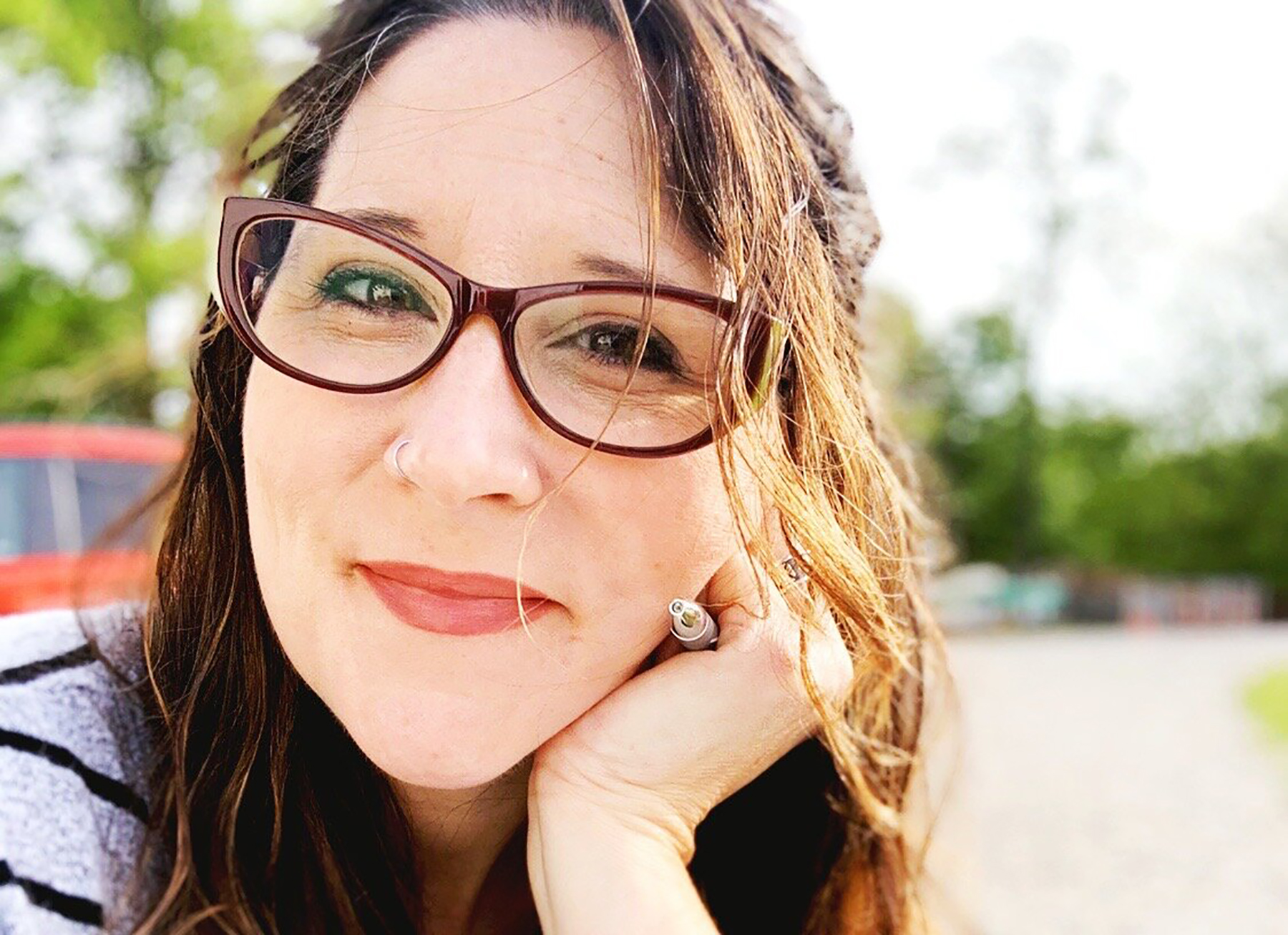
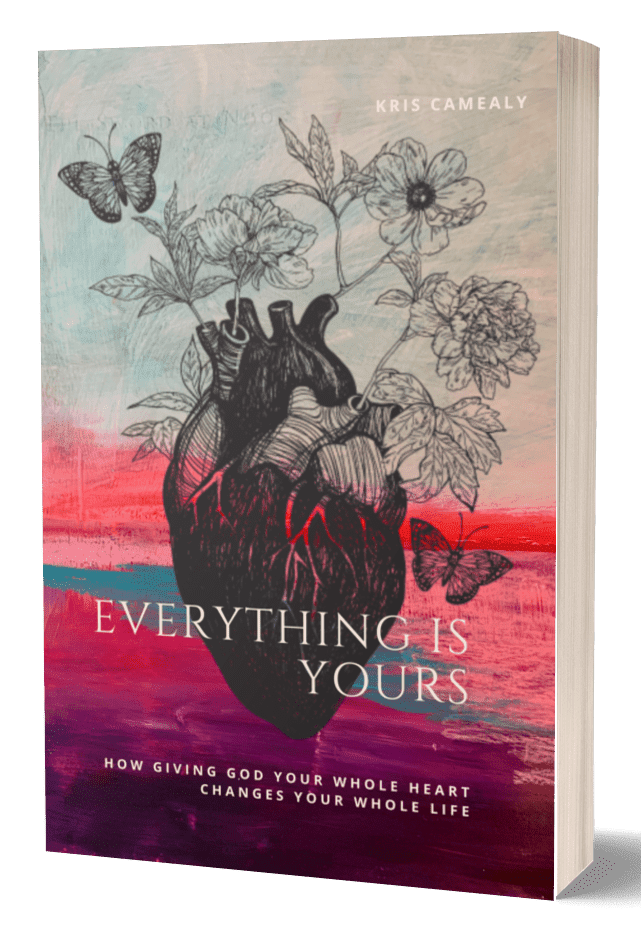
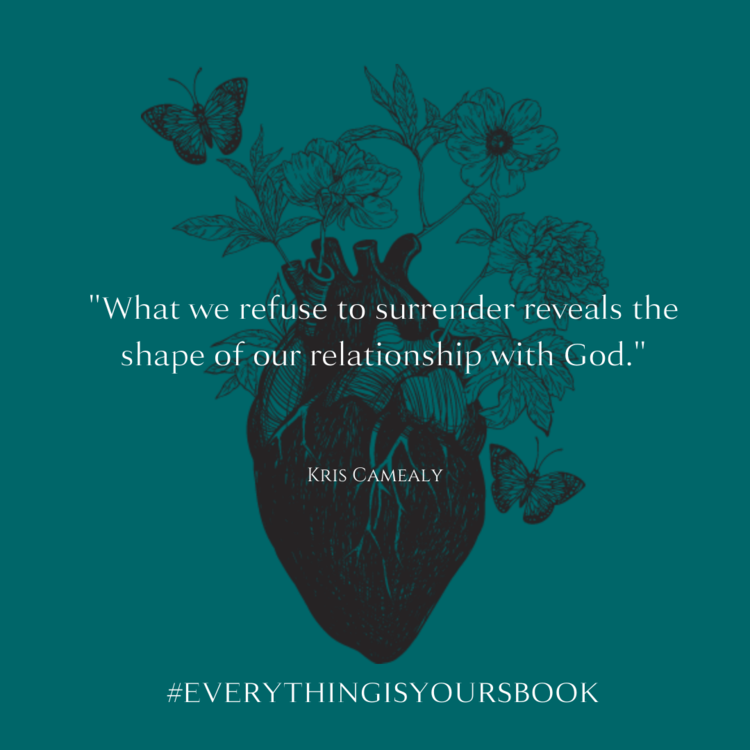

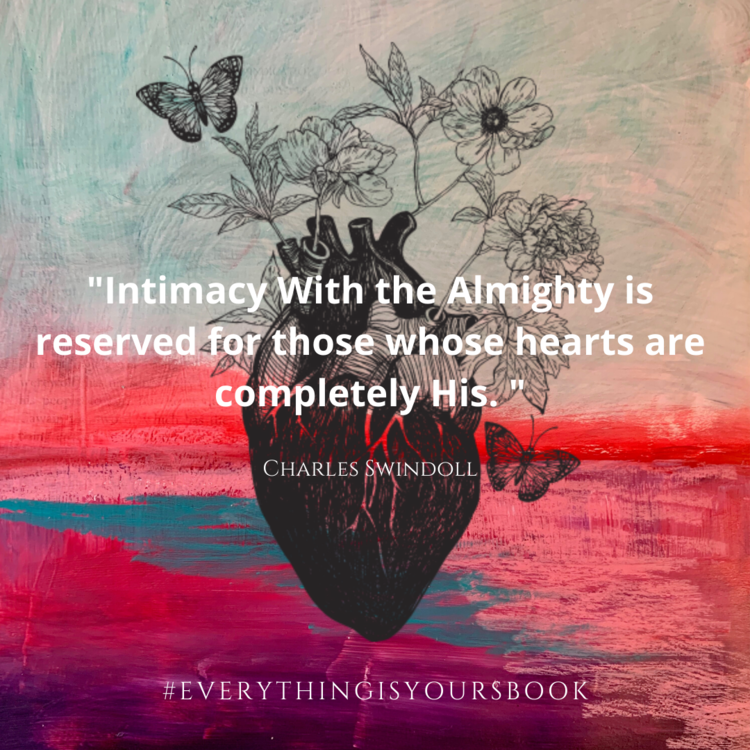
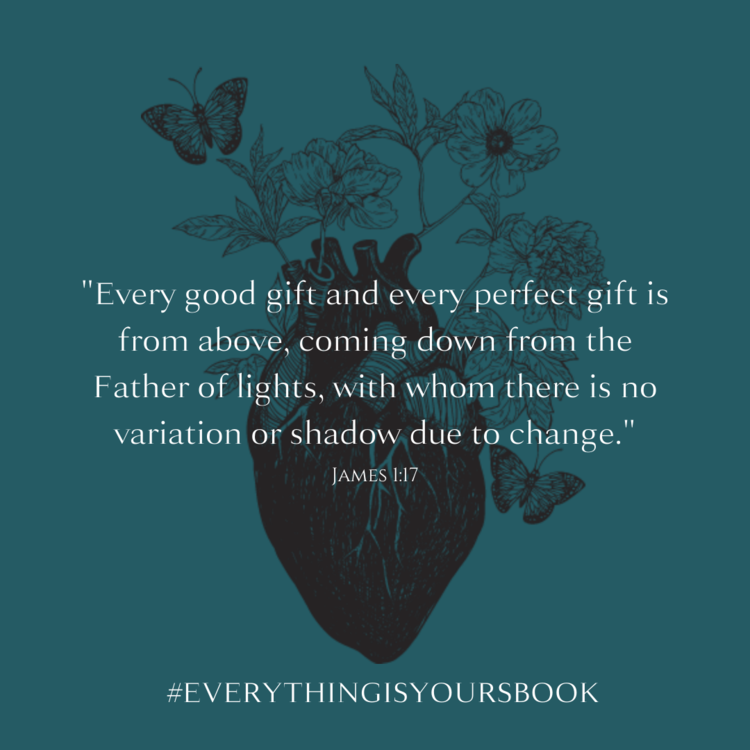
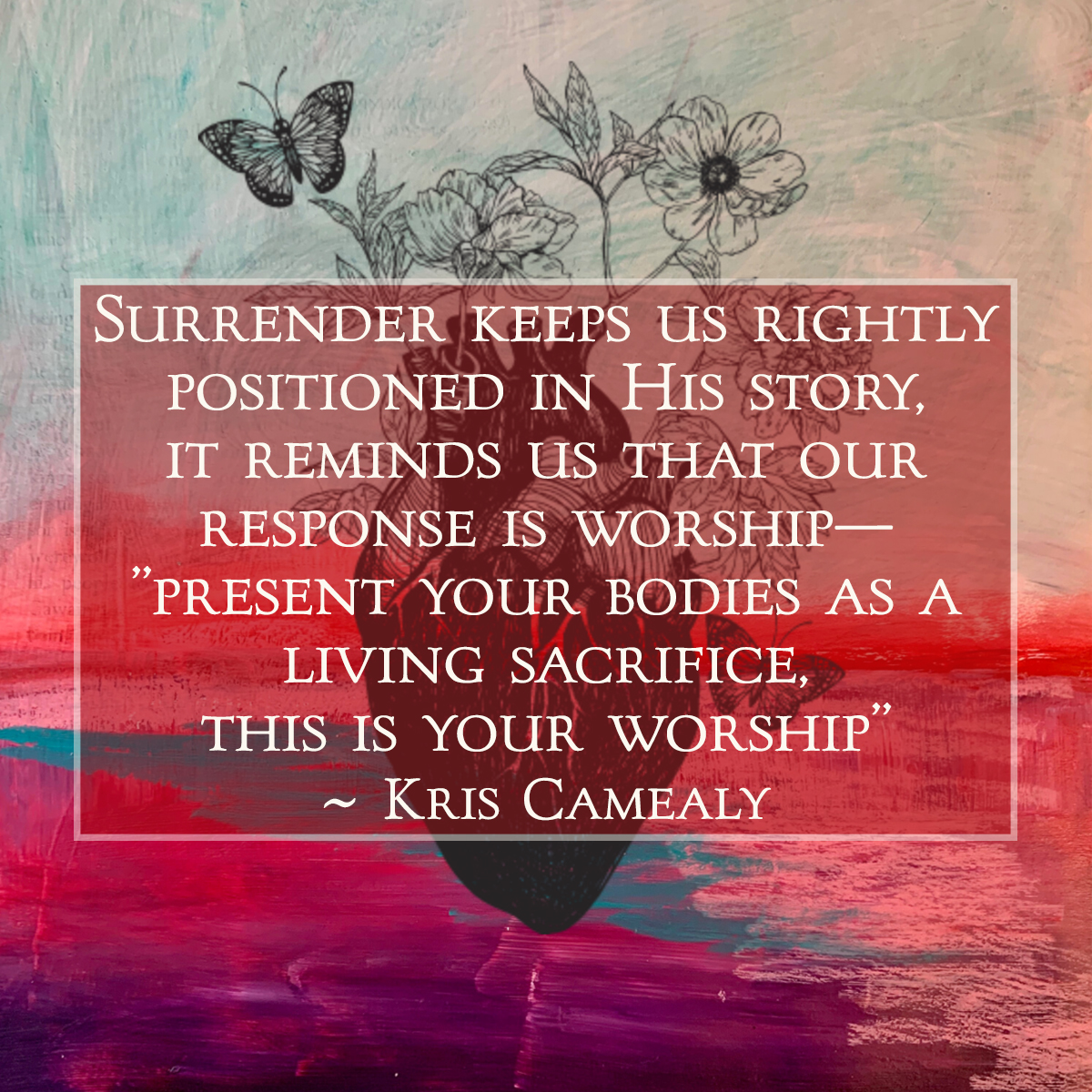
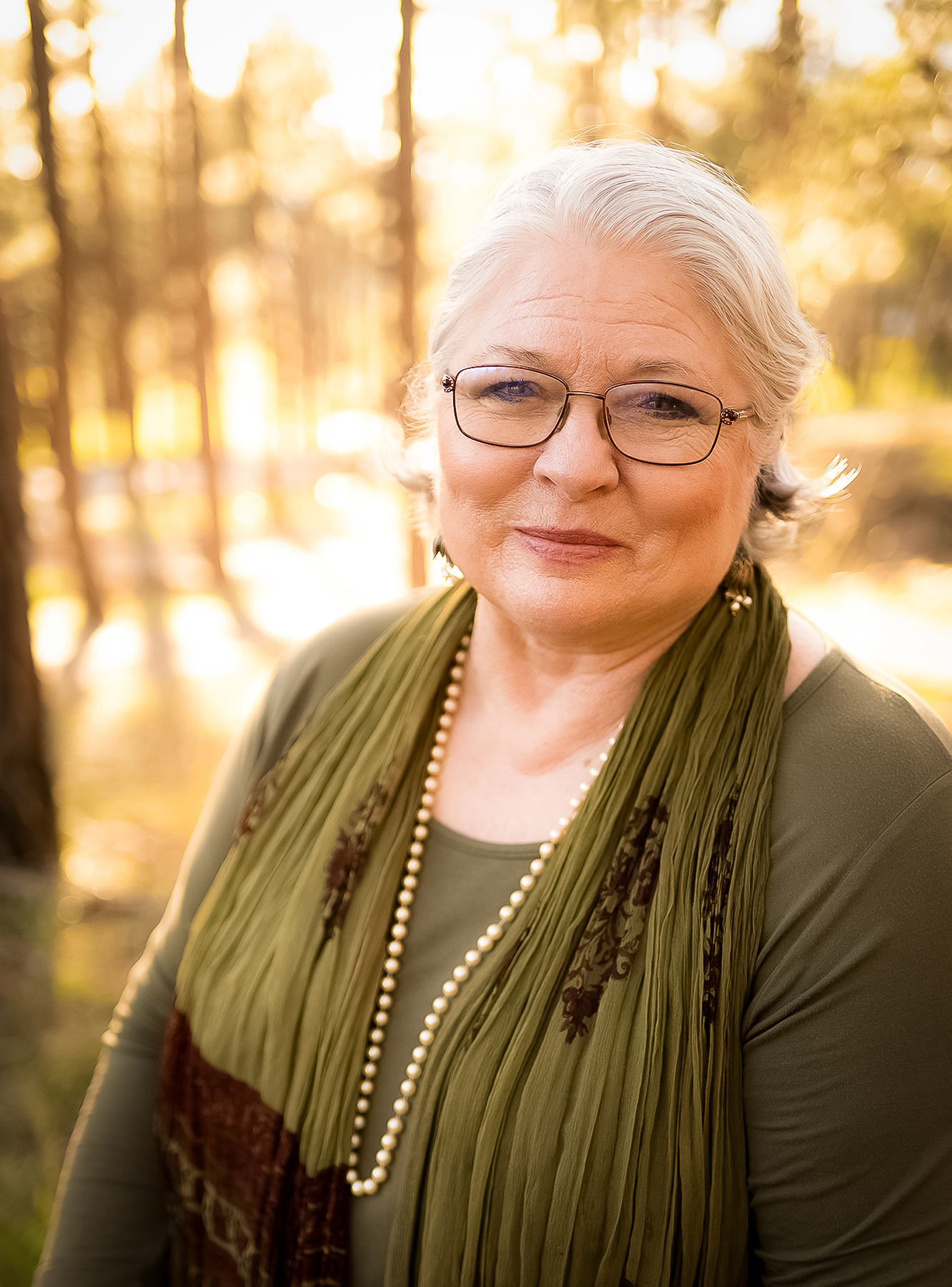
In a culture where we have been told to surrender is failure, it Is a paradigm shift to choose surrender as the ultimate good. I slowly read and absorbed this rich interview this morning as I was up early grappling with full surrender in several areas of my life. One of our seminary professors loved the idea of story and would often ask us what story we were telling ourselves. Truth. I want to be a character in The Story regardless of the significance of my role. It’s a story of the good, true and beautiful–a story where the great joy overflows from the humblest tasks as each character surrenders to the author’s pen. Thank you. Buying your book now.
Mary, thank you. This really is a paradigm shift as Kris presents it but an oh-so-needed one. And what good words your professor shared with you about Story! Blessings to you, sweet friend.